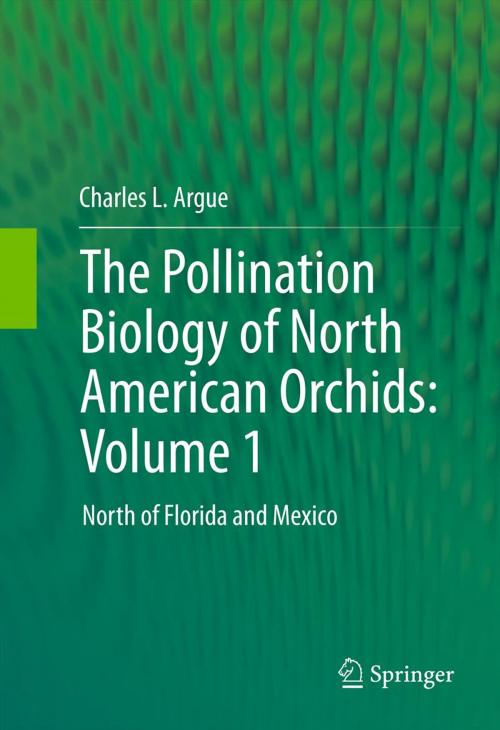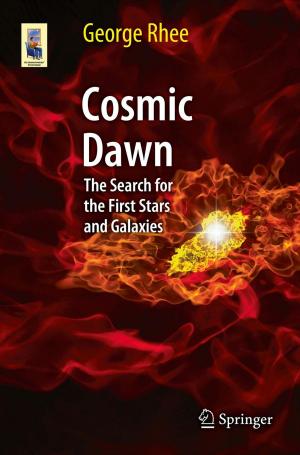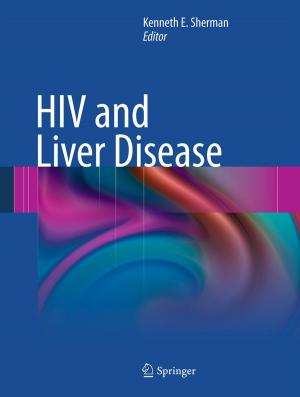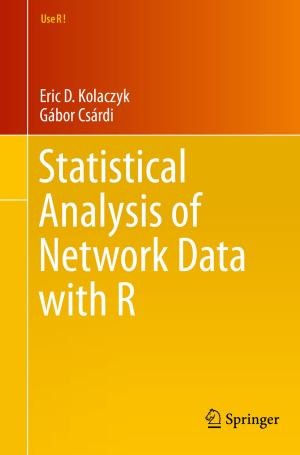The Pollination Biology of North American Orchids: Volume 1
North of Florida and Mexico
Nonfiction, Science & Nature, Science, Biological Sciences, Botany| Author: | Charles L. Argue | ISBN: | 9781461405924 |
| Publisher: | Springer New York | Publication: | September 30, 2011 |
| Imprint: | Springer | Language: | English |
| Author: | Charles L. Argue |
| ISBN: | 9781461405924 |
| Publisher: | Springer New York |
| Publication: | September 30, 2011 |
| Imprint: | Springer |
| Language: | English |
Recent studies have revealed remarkable complexity and diversity in orchid-pollinator relationships. These studies comprise a vast literature currently scattered in numerous, often obscure, journals and books. The Pollination Biology of North American Orchids brings together, for the first time, a comprehensive treatment of this information for all native and introduced North American orchids found north of Mexico and Florida. It provides detailed information on genetic compatibility, breeding systems, pollinators, pollination mechanisms, fruiting success, and limiting factors for each species. Distribution, habitat, and floral morphology are also summarized. In addition, detailed line drawings emphasize orchid reproductive organs and their adaptation to known pollinators.
This, the first of two volumes, furnishes a brief introduction to the general morphology of the orchid flower and the terminology used to describe orchid breeding systems and reproductive strategies. It treats the lady’s-slippers of genus Cypripedium, subfamily Cypripedioideae, and nine genera of the subfamily Orchidoideae, including the diverse rein orchids of genus Platanthera.
The Pollination Biology of North American Orchids will be of interest to both regional and international audiences including:
- Researchers and students in this field of study who are currently required to search through the scattered literature to obtain the information gathered here.
- Researchers and students in related fields with an interest in the co-evolution of plants and insects.
- Conservation specialists who need to understand both the details of orchid reproduction and the identity of primary pollinators in order to properly manage the land for both.
- Orchid breeders who require accurate and current information on orchid breeding systems.
- General readers with an interest in orchid biology.
Charles Argue, Ph.D., is a plant biologist at the University of Minnesota specializing in the study of pollen grains. His articles have appeared in numerous journals including the American Journal of Botany, International Journal of Plant Sciences (formerly Botanical Gazette), Botany (formerly Canadian Journal of Botany), Grana, Pollen et Spores, North American Native Orchid Journal, The Native Orchid Conference Journal, Fremontia, and as chapters in a number of books.
Recent studies have revealed remarkable complexity and diversity in orchid-pollinator relationships. These studies comprise a vast literature currently scattered in numerous, often obscure, journals and books. The Pollination Biology of North American Orchids brings together, for the first time, a comprehensive treatment of this information for all native and introduced North American orchids found north of Mexico and Florida. It provides detailed information on genetic compatibility, breeding systems, pollinators, pollination mechanisms, fruiting success, and limiting factors for each species. Distribution, habitat, and floral morphology are also summarized. In addition, detailed line drawings emphasize orchid reproductive organs and their adaptation to known pollinators.
This, the first of two volumes, furnishes a brief introduction to the general morphology of the orchid flower and the terminology used to describe orchid breeding systems and reproductive strategies. It treats the lady’s-slippers of genus Cypripedium, subfamily Cypripedioideae, and nine genera of the subfamily Orchidoideae, including the diverse rein orchids of genus Platanthera.
The Pollination Biology of North American Orchids will be of interest to both regional and international audiences including:
- Researchers and students in this field of study who are currently required to search through the scattered literature to obtain the information gathered here.
- Researchers and students in related fields with an interest in the co-evolution of plants and insects.
- Conservation specialists who need to understand both the details of orchid reproduction and the identity of primary pollinators in order to properly manage the land for both.
- Orchid breeders who require accurate and current information on orchid breeding systems.
- General readers with an interest in orchid biology.
Charles Argue, Ph.D., is a plant biologist at the University of Minnesota specializing in the study of pollen grains. His articles have appeared in numerous journals including the American Journal of Botany, International Journal of Plant Sciences (formerly Botanical Gazette), Botany (formerly Canadian Journal of Botany), Grana, Pollen et Spores, North American Native Orchid Journal, The Native Orchid Conference Journal, Fremontia, and as chapters in a number of books.















